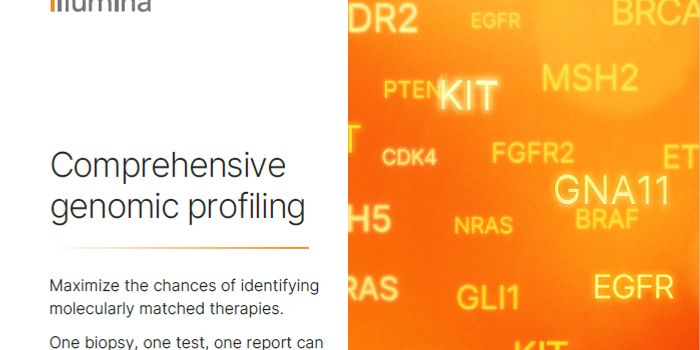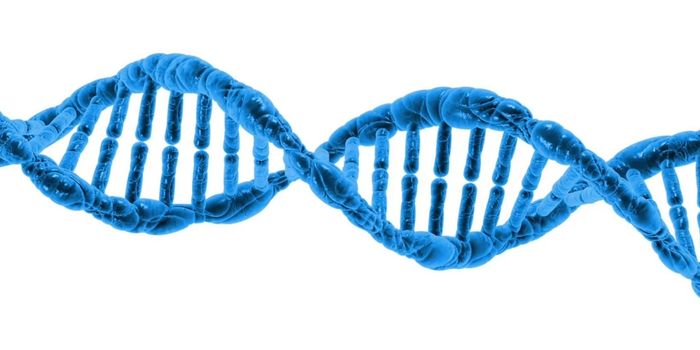Depression Can Cause Many Different Diseases
Major depressive disorder is a serious public health problem, thought to affect around seven percent of American adults in any given year. Researchers at the Australian Centre for Precision Health at the University of South Australia (UniSA) have now shown that it can cause twenty different diseases; they explored the links between depression and 925 disorders and established a causal relationship connecting depression and asthma, high cholesterol, coronary heart disease, urinary system disorders, E. coli infections, and gastroenteritis, among others. This work can help researchers and clinicians reduce comorbidities, in which two or more conditions appear in a patient at the same time.
"Data shows that people living with serious mental diseases, like depression, have much higher rates of physical illness than those in the general population. But until now, these studies have been complicated by the possibility of other confounding factors, or even reverse causation where the physical condition is assumed to cause depression," said UniSA researcher Anwar Mulugeta.
With a tool called MR-PheWAS, the researchers could use a genetic analysis to study the associations between the risk of depression and various disease outcomes. Reporting in Molecular Psychiatry, they mined data from the UK Biobank, which contains 337,536 human samples to demonstrate that depression plays a causal role in a range of disorders.
Learn about the symptoms of depression from the video.
"This research puts the 'chicken and egg' conundrum to rest, showing that depression causes disease, rather than only the other way around. Importantly, this research signals that an individual diagnosed with depression should now also be screened for a defined set of possible comorbidities, enabling much better clinical management and significantly improved outcomes," study first author Mulugeta added.
Finding a causal relationship by analyzing observed outcomes has traditionally been problematic because so many factors can often influence the development of a disease. But researchers developed a tool to investigate genetic variants and their relationship to a phenotype or some observed characteristic, called phenome-wide association studies (pheWAS). This approach was eventually combined with another called Mendelian randomization, in which the potential causes of certain genetic risk factors are studied. The result was MR-pheWAS, or Mendelian randomization-pheWAS. https://www.nature.com/articles/srep16645
Now we know that depression can lead to other diseases, which may help reduce the incidence of those disorders.
"Today, nearly half of the population is estimated to experience a mental health condition in their lifetime," said study leader Professor Elina Hyppönen, Director of the Australian Centre for Precision Health, who added that this work is valuable for patients, clinicians, and policymakers. "Understanding the connections between depression and other diseases is critical to ensure people with depression receive the support they require. The more we can look at the individual patient as a whole, the better their outcomes are likely to be.
"Our results suggest that it is important to look beyond the obvious and that we need to screen and effectively manage depression-related comorbidities if we want to minimize the longer-term negative implications on health.
"It's also important to focus on diet and encourage healthy lifestyles in this context. It was concerning to see that depression was associated with multiple inflammatory and even hemorrhagic gastrointestinal complications, which may be due to side effects from medications used to treat depression, or even due to the greater occurrence of E. coli infections, both of which could be prevented.
PheWAS is discussed in the video above from the UK Biobank.
Sources: AAAS/Eurekalert! Via University of South Australia, Molecular Psychiatry









